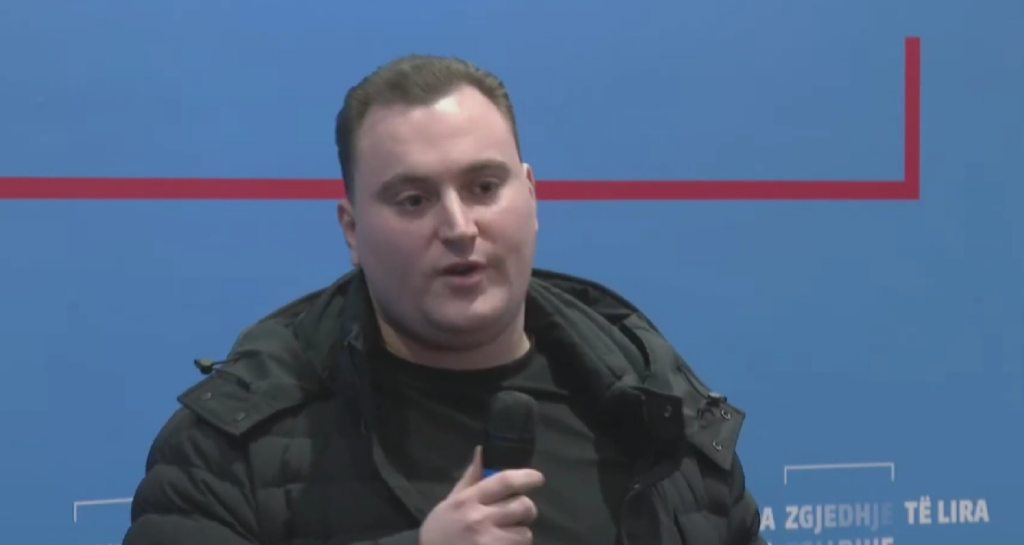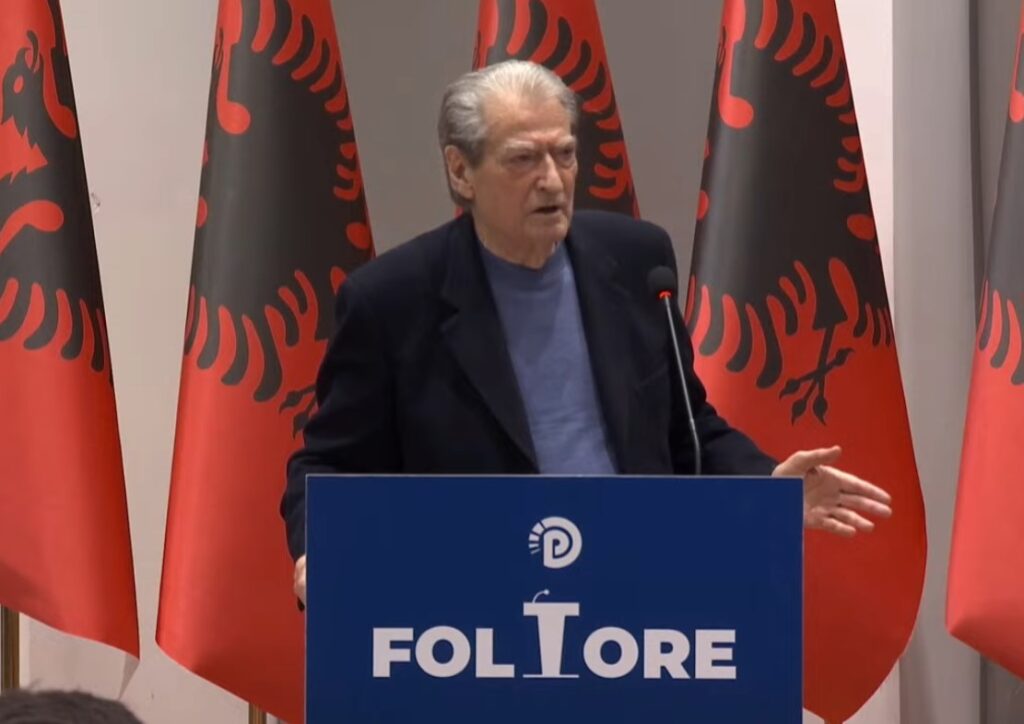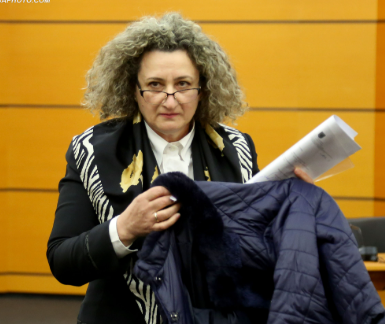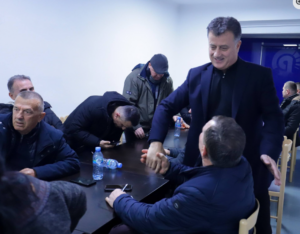Spike in Illegal Migration ‘Damaging Kosovo’s EU Hopes’
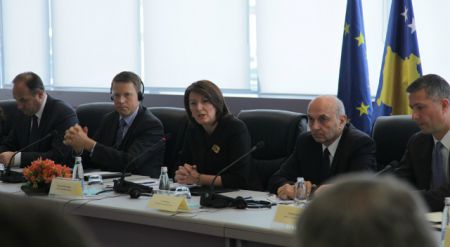
Kosovo's National Council for European Integration has warned that illegal migration of Kosovars to the EU rose steeply last year.
Around 20,000 Kosovars are thought to have left Kosovo in 2014 with the aim of illegally crossing the Serbian-Hungarian border to reach the EU.
Most travel by organized buses from to Subotica, a town in Serbia close to the border of EU member Hungary, and then attempt to cross the border by foot or through illegal channels.
“Unfortunately, we have seen a rise in the number of illegal migrants from Kosovo in 2014 compared to previous years,” EU Integration Minister Bekim Collaku said.
“Other than the damage this phenomenon has done to Kosovo’s image within the EU, it could have a direct impact on the visa liberalization process,” Collaku added.
President Atifete Jahjaga, who spoke of meeting with the family of a Kosovo migrant who froze to death last week while trying to cross the Serbian-Hungarian border, said joblessness and poverty were the root cause of this problem.
Hungarian border police found the body of the 54-year-old on January 6th about a dozen meters within their border.
Kosovars illegally enter the EU because of “the lack of significant economic development in Kosovo, which is tied to the unemployment rate and poverty levels, while criminal networks use this dissatisfaction to profit from our citizens,” Jahjaga observed.
The EU Special Representative to Kosovo, Samuel Zbogar, stressed that attempts by Kosovars to claim asylum in EU countries would remain futile.
“The asylum requests will not be accepted by any EU country. The majority will be refused and the migrants will return to Kosovo poorer, because they’ll get have to pay a fine,” he warned.
Prime Minister Isa Mustafa, who also took part in the debate, blamed slow progress in securing visa liberalization with the EU.
Kosovao nationals may currently only travel to the neighbouring countries of Montenegro, Albania, Macedonia and Serbia without visas.
The daily newspaper Koha Ditore has reported that Kosovo will have to pay for the return of at least some of the failed asylum seekers from Germany, Austria and Switzerland.
All three states are planning to return the migrants to Kosovo, and the Kosovo Embassy in Germany is trying to sort out flights back to Prishtina for around a thousand Kosovars. The tickets will be paid for out of the Kosovo budget, it claimed.
The National Council for European Integration, KKIE, was set up by President Jahjaga in 2012, with the goal of overseeing Kosovo’s European integration process. It sets the strategy for the integration process and give recommendations for the work of the various institutions involved in the process.
balkaninsight.com
 KOHA JONË SONDAZH
KOHA JONË SONDAZH











